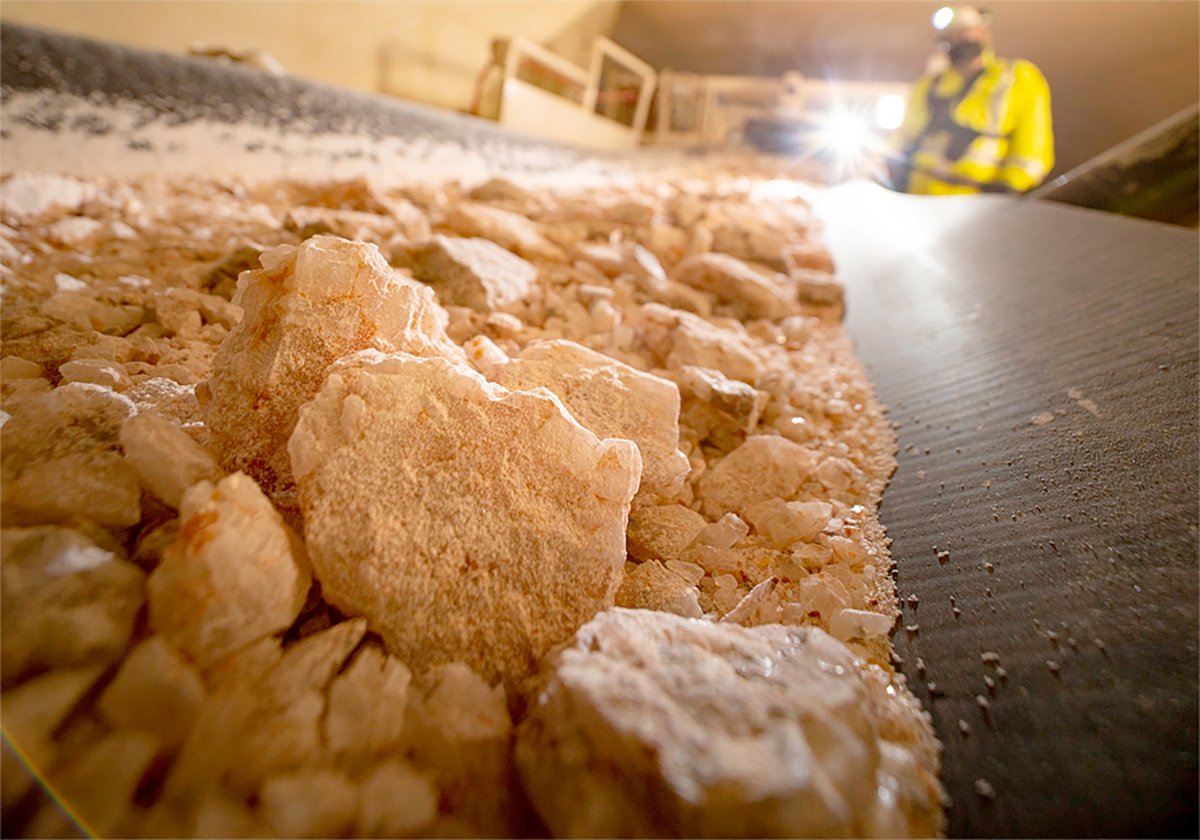Prairie flax farmers are hoping to use an old herbicide from the United States this year but one researcher says that is unlikely.
The group 14 herbicide was approved in 2008 for chickpeas in Saskatchewan, but failed to make the grade with federal officials in Ottawa when it came to flax.
Sulfentrazone provides control of kochia and red root pigweed in most soils other than those with organic matter exceeding six percent, such as near Melfort, Sask.
Flax producers have few options when it comes to controlling broadleaf weeds.
Read Also

Saskatchewan looks to expand trade in Indonesia
Saskatchewan intends to increase its agricultural partnership with Indonesia.
Control of those weeds, especially kochia, is a significant challenge. Kochia germinates with rainfall after the crop is up, then rapidly dominates the field with canopies above the flax plants, as well as competing for moisture and nutrients.
Without a post-emergent product, yields in flax drop dramatically when faced with kochia pressure.
Board members with Saskflax told their association that they are holding out hope for a spring 2009 registration of FMC’s Authority, a sulfentrazone, herbicide, despite the federal Pesticide Management Regulatory Agency’s denial of its release for 2008.
Saskflax directors said they felt confident that full Canadian registration was inevitable in 2008 after 2007’s provisional registration for flax and with strong support from Saskatchewan’s government and 40 years of American registration of the product. So there was no individual from the industry to support the application for full registration at the registration meeting last spring.
Allen Kuhlmann of Saskflax said the association would be sending someone to Ottawa in the coming months for the 2009 registration meeting where sulfentrazone will be examined.
Agriculture Canada researcher Eric Johnson from Scott, Sask., isn’t as optimistic about the product’s availability this season. His research supports the registration. However in discussions as recent as the first week of January, he said federal officials in Ottawa are still asking for more data. They want to know the efficacy of the product, its control of target weeds in various soil types and under differing weather conditions, its threat to prairie ground water and other details, said Johnson.
“That will require more input and research (generated by) flax growers,” he said.
Recent research at the University of Saskatchewan shows the product poses little threat to ground water, said Johnson.
Manitoba flax growers and that provincial government also support the chemical’s release. Alberta is seeking to have Authority made available for chickpeas for 2009.
Check out our Crop Production Week photo gallery, here.














